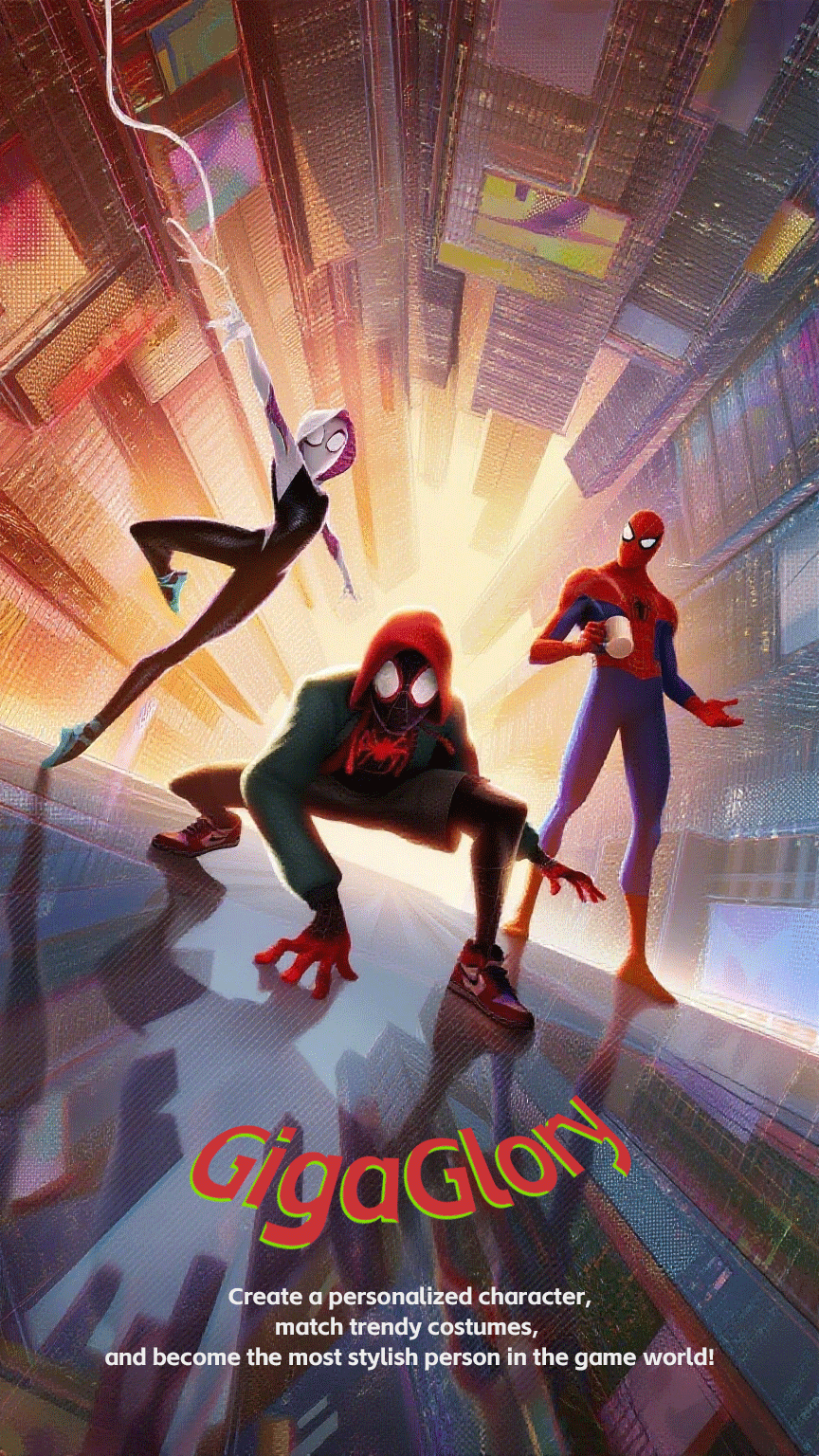How RPG Games Influence Life Simulation Games: A Deep Dive into Interactive Gaming Trends
In the colorful tapestry of video gaming, Role-Playing Games (RPGs) have always occupied a significant niche. Their stories, worlds, and character progression systems are deeply immersive. But wait! What about life simulation games? How do these genres intertwine, and what does that mean for gamers and developers alike? Let's embark on a detailed exploration of this fascinating intersection.
Understanding RPGs: The Power of Decision-Making
At the heart of RPGs lies the power of choice. Players create characters, make decisions, and face consequences based on their actions. This is precisely what sets RPGs apart from more linear gaming experiences. Whether you're swinging swords or wielding magic, the fate of your character is in your hands. This facet is paving the way for life simulation games to adopt similar mechanics.
Life Simulation Games: A New Kind of Reality
Life simulation games allow players to take the reins of virtual lives. From building houses in “The Sims” to nurturing relationships in “Animal Crossing,” these games provide a unique blend of creativity and management. The draw here is unmistakable: players relish crafting their own stories and experiences in these sandbox-like environments.
Shared Traits: RPG and Life Simulation Games
Upon closer examination, both genres share common traits: immersion, storytelling, and the impact of player choices. So, what's the benefit of merging these elements? A richer, deeper gaming experience. Let's dive into a well-structured breakdown:
| Trait | RPGs | Life Simulation Games |
|---|---|---|
| Immersion | Open worlds, character depth | Customizable environments, life scenarios |
| Storytelling | Character arcs, plotlines | Real-life situations, player-driven narratives |
| Player Choices | Dynamic consequences | Impact on virtual life |
The Evolution of Game Technology: Blurring the Lines
As technology continues to evolve, the boundaries between RPGs and life simulation games are starting to blur. Enhanced graphics, AI-driven narratives, and multiplayer elements are changing the way players interact with video games. But is this transformation beneficial? Absolutely, and here’s why:
1. Improved Gameplay Mechanics
With improved technology, gameplay mechanics for both genres are becoming increasingly sophisticated. For instance, imagine battles in RPGs that require strategic planning influenced by real-life decisions. Players must choose between combat and crafting, making the game both strategic and immersive.
2. Larger Game Worlds
The creation of expansive game worlds allows players to live out parallel lives. RPGs now feature open worlds populated by NPCs with their own stories, beyond mere quest-givers. Life simulation elements enrich the lore, giving players new reasons to explore.
3. Character Customization Meets Personalization
The intersection of RPG character customization with life simulation personalization opens new doors. Picture RPG characters that can not only battle but also build relationships, craft, and even manage resources in their lives. This crossover elevates both genres to new levels of engagement.
The Impact of Games like "EA Sports FC UEFA Euro 2024"
Games like “EA Sports FC UEFA Euro 2024” also illustrate how sports simulations can mimic RPG elements. The way players build their teams, manage strategies and engage in matches resonates with RPG mechanics of progression and choice - it's already happening!
List of Best Single Player Survival Games
If you're intrigued by survival mechanics in games, the following titles blend RPG and life simulation aspects effectively:
- Don't Starve: A survival game that combines elements of RPGs, featuring character progression in a hostile world.
- Rust: Players gather resources and craft to survive, echoing RPG resource management.
- The Forest: With crafting, building, and survival elements, it integrates RPG-like decision-making.
- Subnautica: Explore and survive in an alien ocean while crafting tools and building habitats.
- Hunt: Showdown: A blend of horror and survival mechanics with RPG elements like character classes.
Key Takeaways: Merging Genres for Future Games
The integration of RPG elements into life simulation games (and vice versa) can offer:
- Enhanced storytelling: Players can create more compelling narratives.
- Greater decision impact: Choices resonate in deeper ways.
- Broader player engagement: Diverse gameplay appeals to a wider audience.
The Role of Community in Shaping Games
Community feedback plays a vital role in game development, especially in the RPG and life simulation genres. Developers are listening to player desires regarding features and mechanics. Imagine a future where your virtual life is a direct response to your community interactions! This evolution is not far-fetched, but rather a probable next step in interactive gaming.
Conclusion: The Future of Interactive Gaming
As RPGs and life simulation games continue to influence one another, players can anticipate a richer gaming landscape. The merging of immersive storytelling, deep player choices, and dynamic worlds will ensure that interactive gaming remains vibrant. Whether you’re crafting your character’s destiny or building a virtual life, one thing is clear: The lines between genres are dissolving, paving the way for a new generation of games that promises adventure, creativity, and enjoyment.



